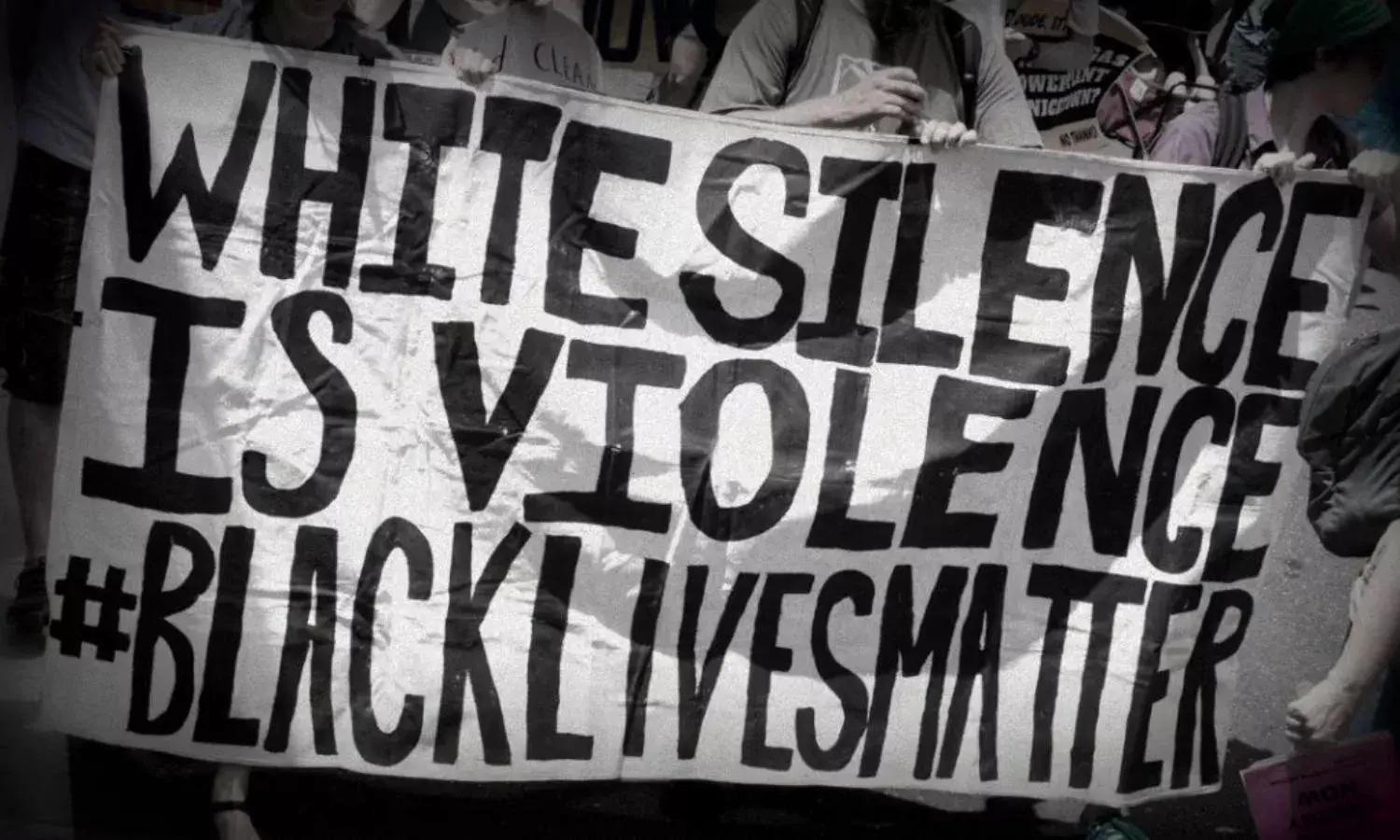Why Don’t Indian Intellectuals Press for a Caste Abolition Law?
Caste is a human disabling institution;

Anti-racism movements are engulfing the Western world like the Arab Spring. West-educated intellectuals, academicians, activists, artists living in India and in America-Europe have become almost as active as the Blacks themselves are.
In terms of caste background almost all of them belong to Brahmin, Bania, Kshatriya, Kayastha or Khatri communities. Very few people from Shudra/OBC/Dalit or Adivasi communities have a pen that can influence the ruling class.
One does not think, in this moment of moralised discourse on race, discrimination and inequality, that these intellectuals would deny their caste roots for caste is as real as race is.
In yesteryears they denied it, no doubt. From very well known sociologists, historians who opposed caste questions being taken to the United Nations Conference at Durban on Racism, Racial Discrimination and Xenophobia in 2001 – Dipankar Gupta, Ramchandra Guha have written and spoken in support of the Black anti-race revolution.
Many others who live in the USA like Sundar Pichai, CEO of Google, or the many Indian columnists who write in the New York Times the Washington Post the Guardian wrote to say racism must go.
They are quite boldly carrying the banner of ‘Black Lives Matter’ as if they themselves are black. It is heartening to see such a progressive step by Indian intellectuals, whatever might be the reason.
Do they have a moral responsibility to ask the government of Narendra Modi, an OBC Prime Minister, that caste and untouchability must go from Indian soil altogether?
There are a number of anti-racism civil rights laws in America and Britain, yet racist atrocities continue to operate. The present movements are meant to make more laws and also to change civil societal mindsets – not just to change the behaviour of White police in the context of George Floyd’s brutal murder by a White policeman, but to change the basic human relation in the West.
Ultimately the pressure in the West is to pass more and more laws of equality. Why don’t we all, whatever our caste background, Brahmin-Bania or Shudra-Dalit, ask for passing a comprehensive Anti-Caste Law?
For the race problem in America Dipankar Gupta, in one of his newspaper articles, suggests Lyndon B.Johnson is the solution. Because Lyndon Johnson persisted in passing the 1964 Civil Rights Law in the face of massive opposition from White law makers.
Who is the solution to caste? Modi has the popularity, numbers in Parliament and is according to his own party the boldest leader India has ever produced with an OBC background. Why don’t Indian intellectuals demand a Caste Abolition Law from his government? The existing constitutional provisions against untouchability, reservations for SC/STs and OBCs are for economic improvement but not for systemic change.
The Black Lives Matter movement is not for some economic and educational adjustments, but is to change the basic colour relations. Similarly we have to ask for a law that provides scope for changing the basic caste relations in south Asia. The steps which India takes would influence Nepal, Srilanka, Pakistan, Bangladesh where the caste system operates in one or other form.
Every intellectual knows the caste system has created layered inequalities and discriminative practices. As the nation keeps developing and the economy keeps improving different modes of caste practices are emerging. These practices are playing a serious anti-development role. Many talents in the agrarian and industrial sectors are being crushed every day by the caste system.
In the temples Agamashastra-based discrimination against Shudras, Dalits and Adivasis while defining them as Hindu is known. An added dimension of discrimination is temple based vamshaparamparyata (dynastic practice).
The Bharatiya Janatha Party and the Rastirya Swayamsevak Sangh which oppose dynasty politics must oppose the practice of dynasty-based promotions in all structures.
The Congress which claims to stand for equality in all spheres of life never talked about bringing about a comprehensive Caste Abolition Law. The Congress has many intellectuals who write on many things but they too do not say anything about a Caste Abolition Law.
Caste has been showing its brutal presence in the Indian marriage system. Young girls and boys who are getting inspired by the Western mode of choice-marriage and choosing that mode of marriage are being killed because of caste-based honour ideology.
A huge number of intermarried couples are being subjected to discrimination and social ostracism. Their children are facing serious problems in schools and civil society. Many daughters and sons of intercaste families are unable to get married; many of them are dying by suicide for no fault of theirs.
The famous cases of Amrutha-Pranay, of Telangana, and Kausalya-Shankar, of Tamilnadu, tell us how not just untouchability, but the caste system is playing havoc with young people’s lives.
Even the Indian judiciary is unable to take a strong position on structural caste systems in the absence of a Caste Abolition Law. The criminalisation of caste practice and language is possible only when a strong anti-caste law is on the statute book.
Caste is a human disabling institution. Historically it has negated human positive relations and production. If caste disappears in all sectors of production India will achieve better results. Caste discrimination kills merit and the moral confidence of young people.
Is it not time to start a debate on making an Anti-Caste Law, not just by Dalit/OBC intellectuals and activists, but all those who think that caste and race have established destructive human relations and values in the world?
Kancha Ilaiah Shepherd is a Political Theorist, Social Activist and Author

